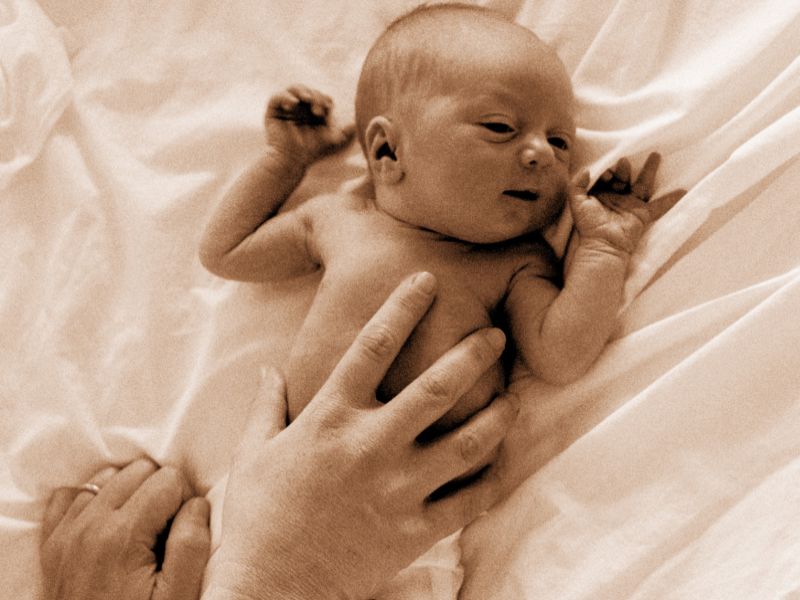SATURDAY, April 27, 2019 (HealthDay News) — Another reason breast is best: Breast milk boosts levels of chemicals crucial for brain growth and development in premature babies with a very low birth weight, a new study reveals.
“Our previous research established that vulnerable preterm infants who are fed breast milk early in life have improved brain growth and neurodevelopmental outcomes,” said Catherine Limperopoulos, director of MRI research of the developing brain at Children’s National Health System in Washington, D.C.
However, she added, “It was unclear what makes breastfeeding so beneficial for newborns’ developing brains.”
For the new study, her team used “proton magnetic resonance spectroscopy” to solve the mystery. The non-invasive imaging reveals the chemical makeup of specific brain structures, enabling researchers to measure metabolites essential for growth.
With this technology, the researchers examined the brains of very low birth weight babies (under 3.3 pounds). The infants were born after no more than 32 weeks of pregnancy.
The team focused on the right frontal white matter and the cerebellum, a brain region that’s involved in balance, muscle coordination and supports high-order mental functions.
Compared to formula-fed babies, those fed breast milk had significantly higher levels of inositol in the cerebral white matter, and significantly higher creatine levels.
Study lead author Katherine Ottolini explained that “key metabolite levels ramp up during the times babies’ brains experience exponential growth.”
The percentage of days infants were fed breast milk was associated with significantly higher levels of both creatine and a water soluble nutrient called choline, the researchers reported.
“Creatine facilitates recycling of ATP, the cell’s energy currency. Seeing greater quantities of this metabolite denotes more rapid changes and higher cellular maturation. Choline is a marker of cell membrane turnover; when new cells are generated, we see choline levels rise,” Ottolini said in a health system news release.
The study is scheduled to be presented Monday at a meeting of the Pediatric Academic Societies, in Baltimore. Research presented at meetings is typically considered preliminary until published in a peer-reviewed journal.
About one in 10 U.S. infants is born preterm, according to the U.S. Centers for Disease Control and Prevention.
More information
The March of Dimes has more on premature babies.
Copyright © 2026 HealthDay. All rights reserved.

